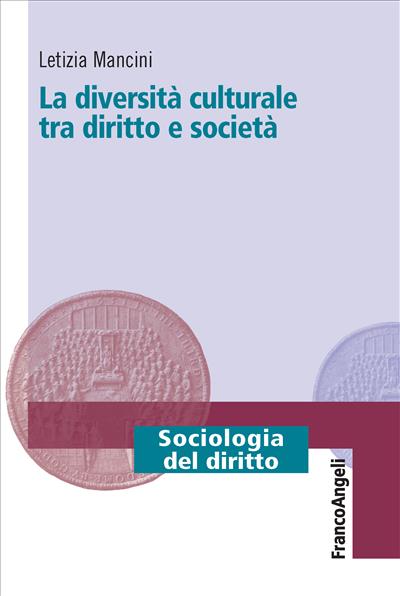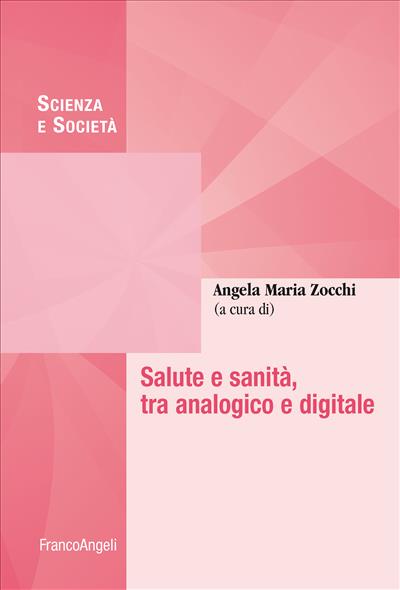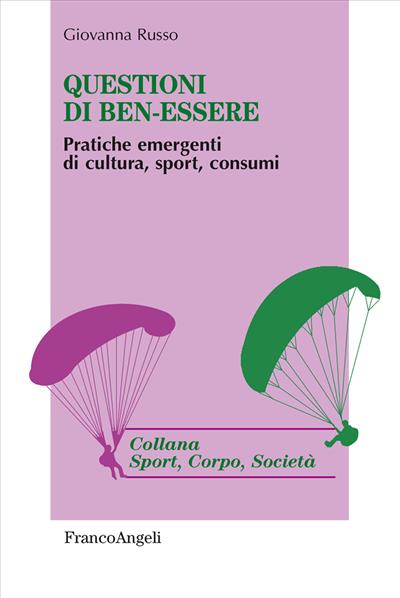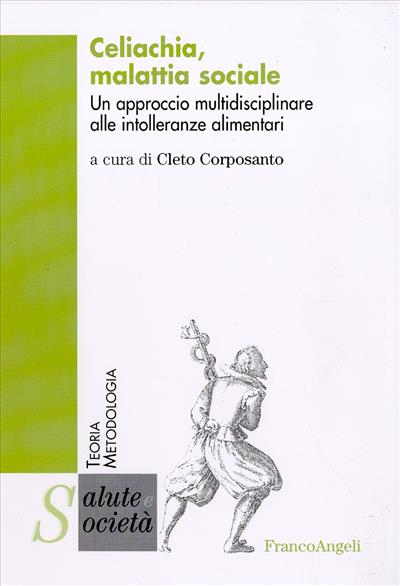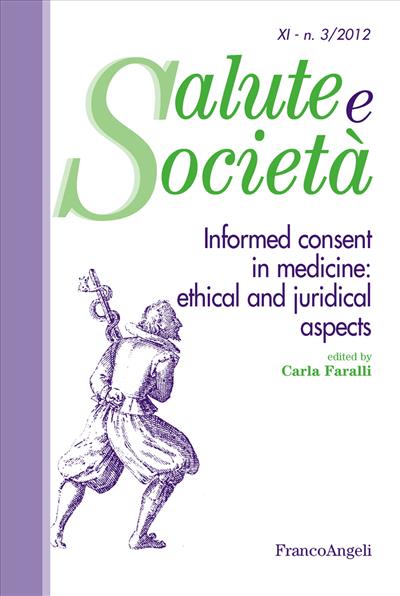
A cura di: Carla Faralli
Informed consent in medicine: ethical and juridical aspects
This current issue of Salute e Società calls attention to the pressing need for a cross-disciplinary discussion among physicians, philosophers, and jurists in tackling questions such as personal freedom, the right to self-determination, the protection of personal data, the right not to know (especially in genetics), the spread of so-called defensive medicine, and the model we should adopt in enabling patients and physicians to share information and communicate in a way that supports the decision-making process.
Pagine: 216
ISBN: 9788856868388
Edizione:1a edizione 2013
Codice editore: 1341.54
Possibilità di stampa: No
Possibilità di copia: No
Possibilità di annotazione: No
Formato: PDF con DRM Readium LCP
